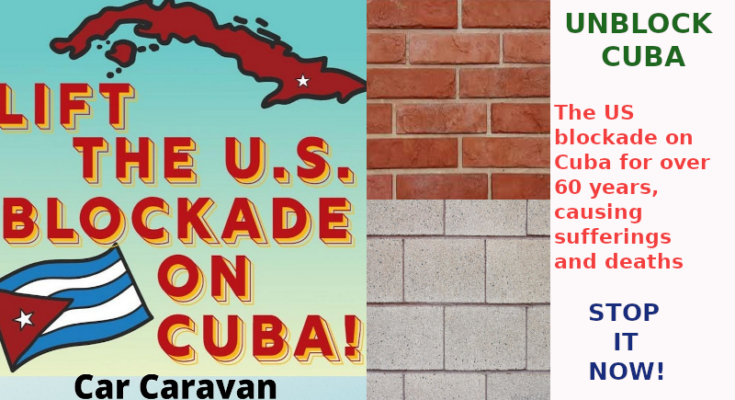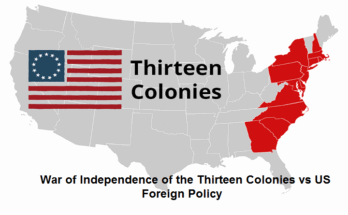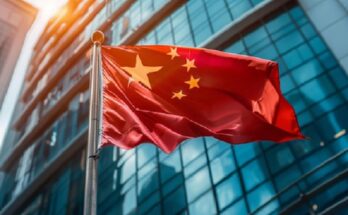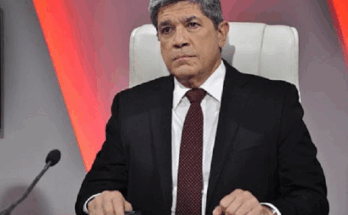On February 7, 1962, the then president of the United States (US), John F. Kennedy, declared the unilateral blockade of that country against Cuba, by means of the Foreign Aid Act of 1961, thus fulfilling the mandate expressed by Congress.
Four days earlier, on February 3, Kennedy signed the presidential order to implement a total blockade against the island, whose objective was to cut off all commercial ties with Cuba and to encircle the country in order to provoke the overthrow of the revolutionary government.
However, since the triumph of the Cuban Revolution, the U.S. administrations began the harassment and sanctions against the largest of the Antilles, while expecting the end of the revolutionary process in a matter of months.
Thus, on January 3, 1961, U.S. President Dwight D. Eisenhower broke diplomatic relations with Cuba a few days before handing over his seat in the White House to Kennedy, the successor to his policies.
In March of that same year, the U.S. government included in the Export Regulations a list of food products and medicines that required a general license to be exported to the island. It was one of the first measures of the Kennedy administration, which announced the prelude to the economic, commercial and financial blockade.
On February 6, 1962, only 24 hours before the denounced genocidal policy against the island went into effect, the Treasury Department issued the Regulations for Cuban Imports, which prohibited the import of all merchandise of Cuban origin into U.S. territory.
The objective was clear: to economically asphyxiate the Caribbean nation and starve the Cuban people, who lacked the resources prohibited by Washington’s policy towards the Cuban government. Closing, blocking, impeding, harassing Cuba was the goal and it still is more than 60 years after the imposition of the unilateral blockade.
In 1992, the Torricelli Act made the blockade an extraterritorial matter by sanctioning third nations, since the law prohibits U.S. subsidiaries in third countries from trading goods with the Greater Antilles. Subsequently, the Helms-Burton Act intensified and further strengthened the hostile policy against the Cuban people.
Another of the laws drafted to strengthen the economic, commercial and financial blockade against the island is the Trade Sanctions Reform and Export Enhancement Act of 2000, which prevents U.S. citizens from traveling to Cuba as tourists, the only country they are forbidden to visit.
The 2000 Act also prevents financing for U.S. agricultural products to be sold to Cuba.
With the arrival to the US presidency of tycoon Donald Trump, the policy has intensified, while the occupant of the White House defends that he wants to “help” the Cuban people.
Today the blockade is more cruel than ever and more rejected than ever by the Cuban people, the international community and even by part of the American people itself, and it remains intact, making Cubans suffer more and more with the shortages caused by this blockade policy against Cuba.




